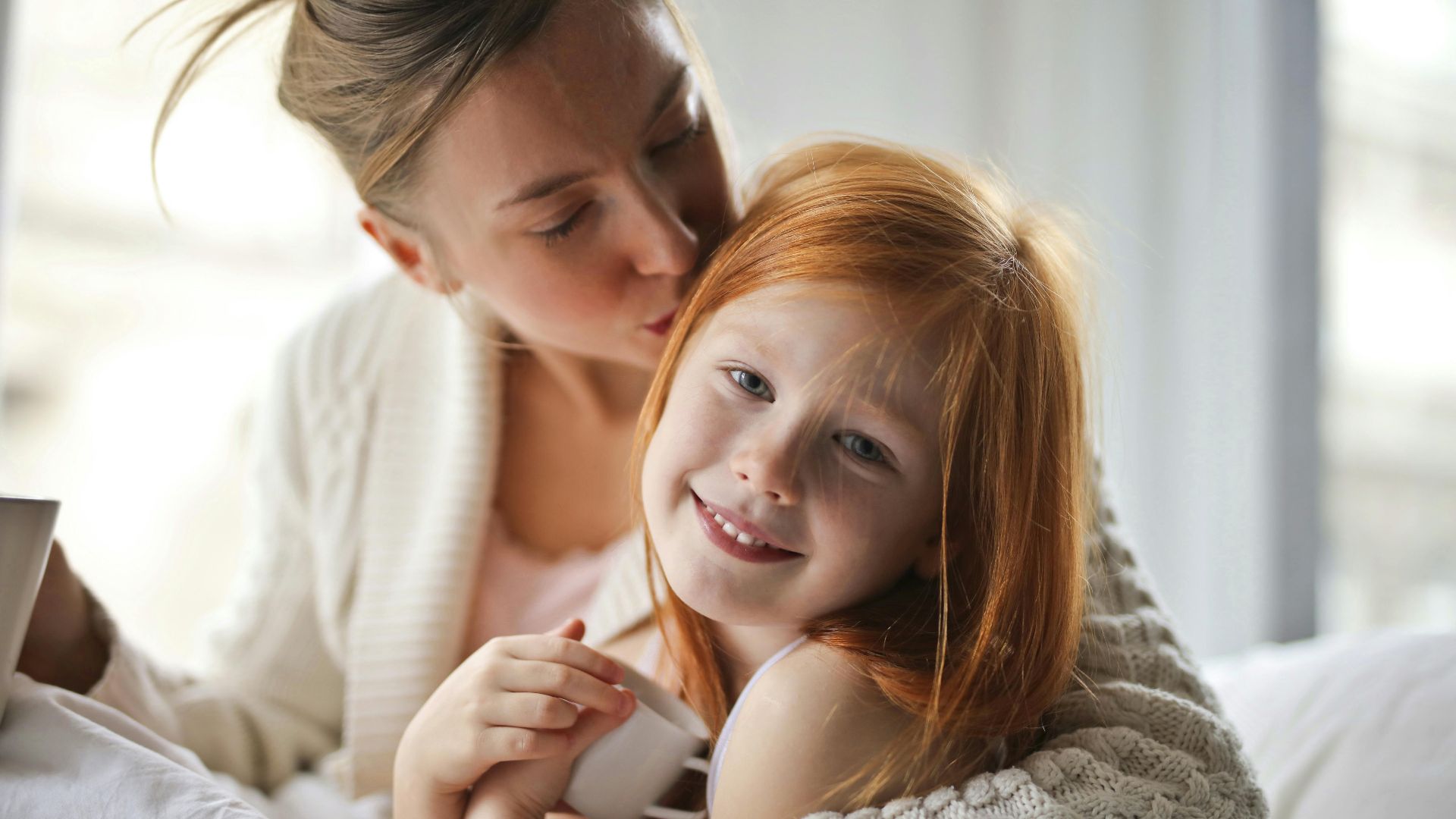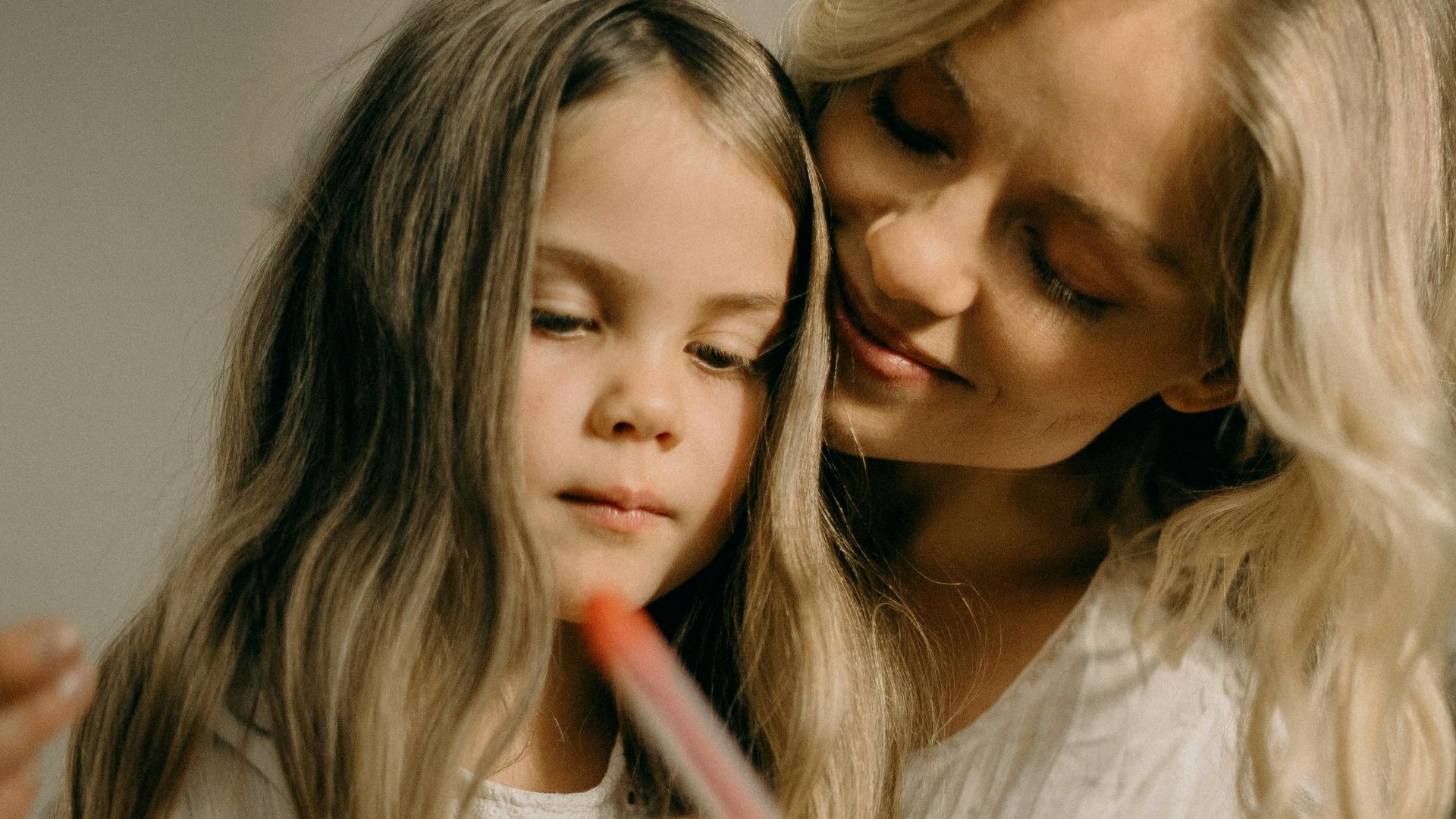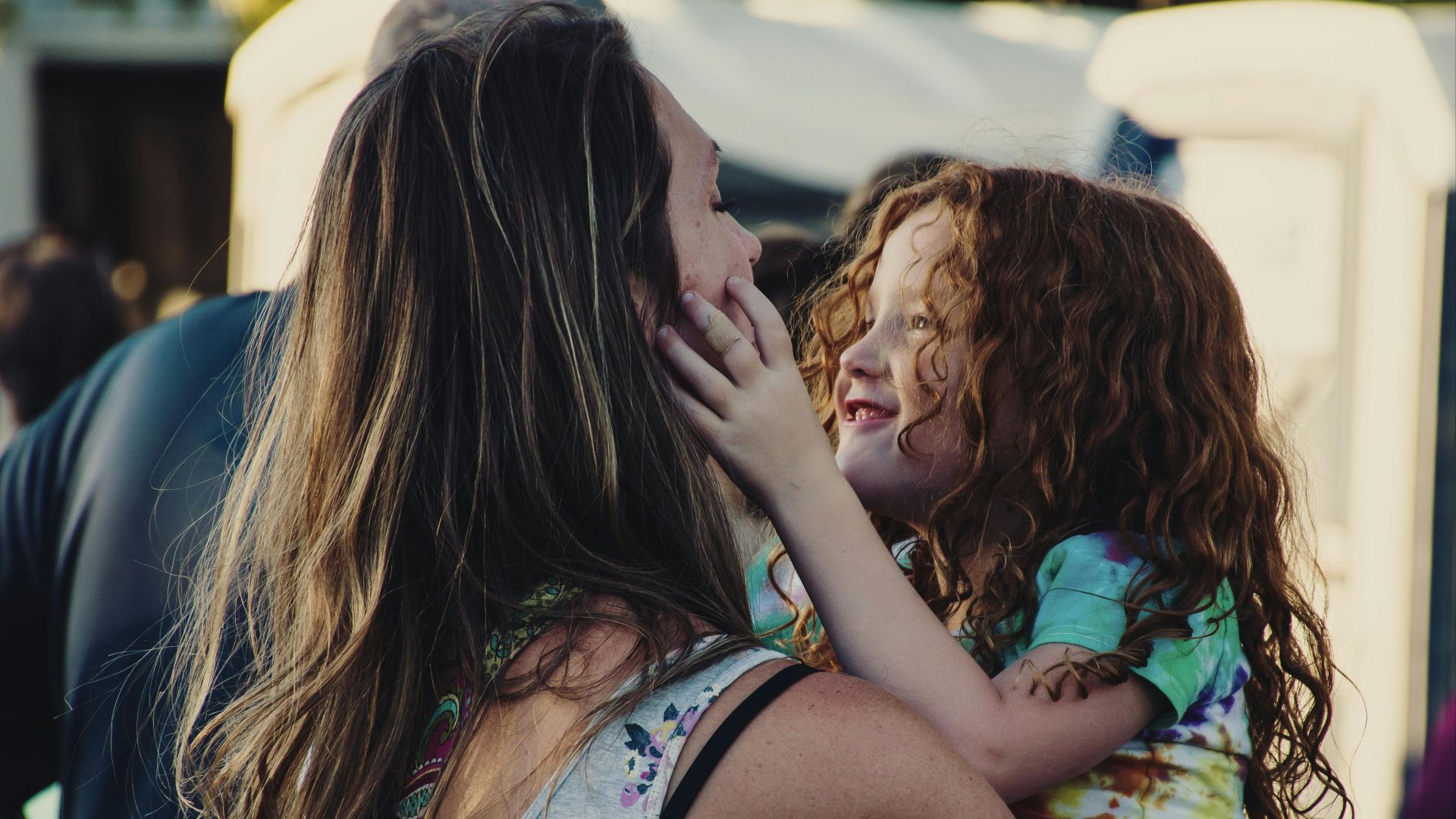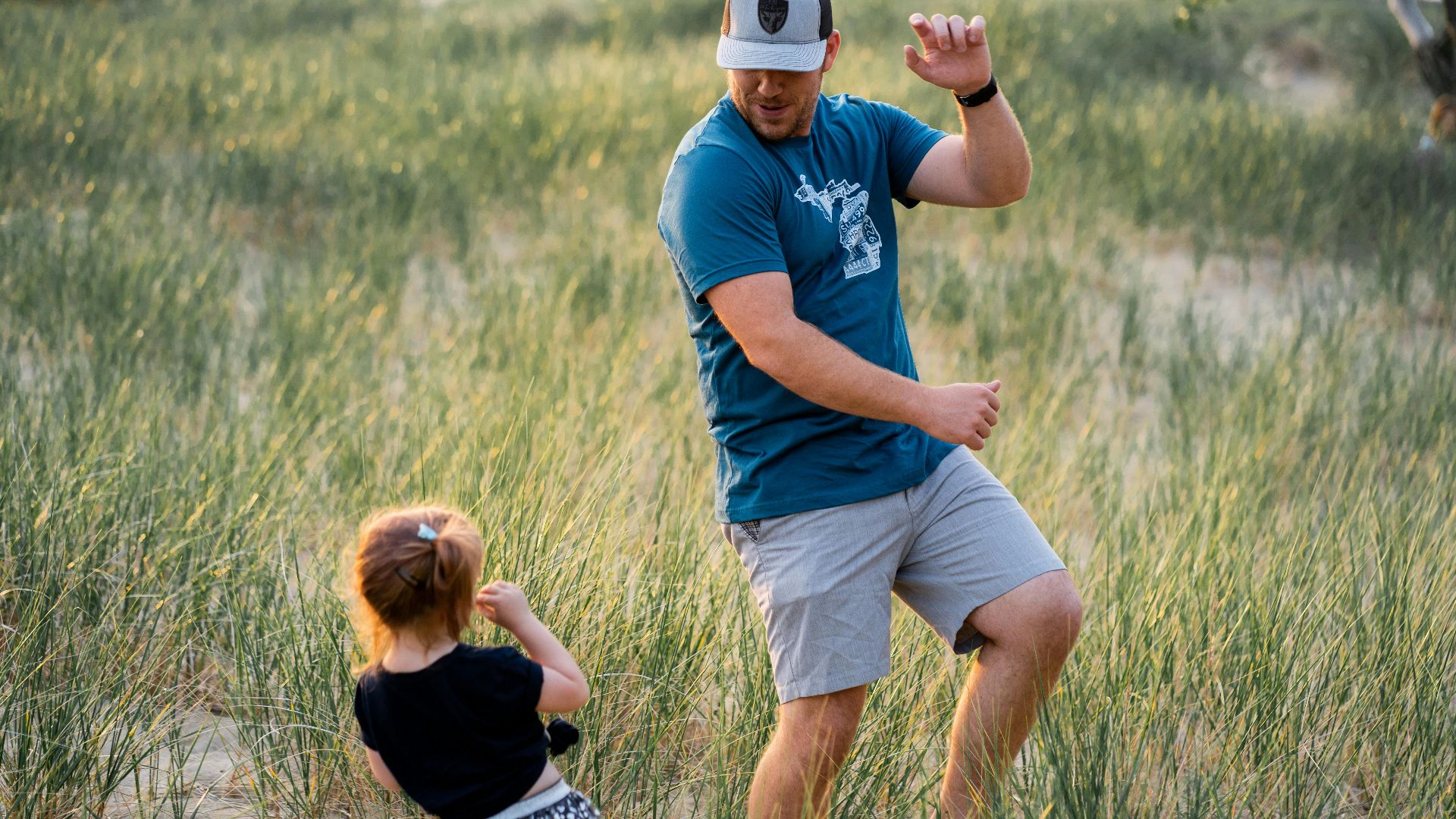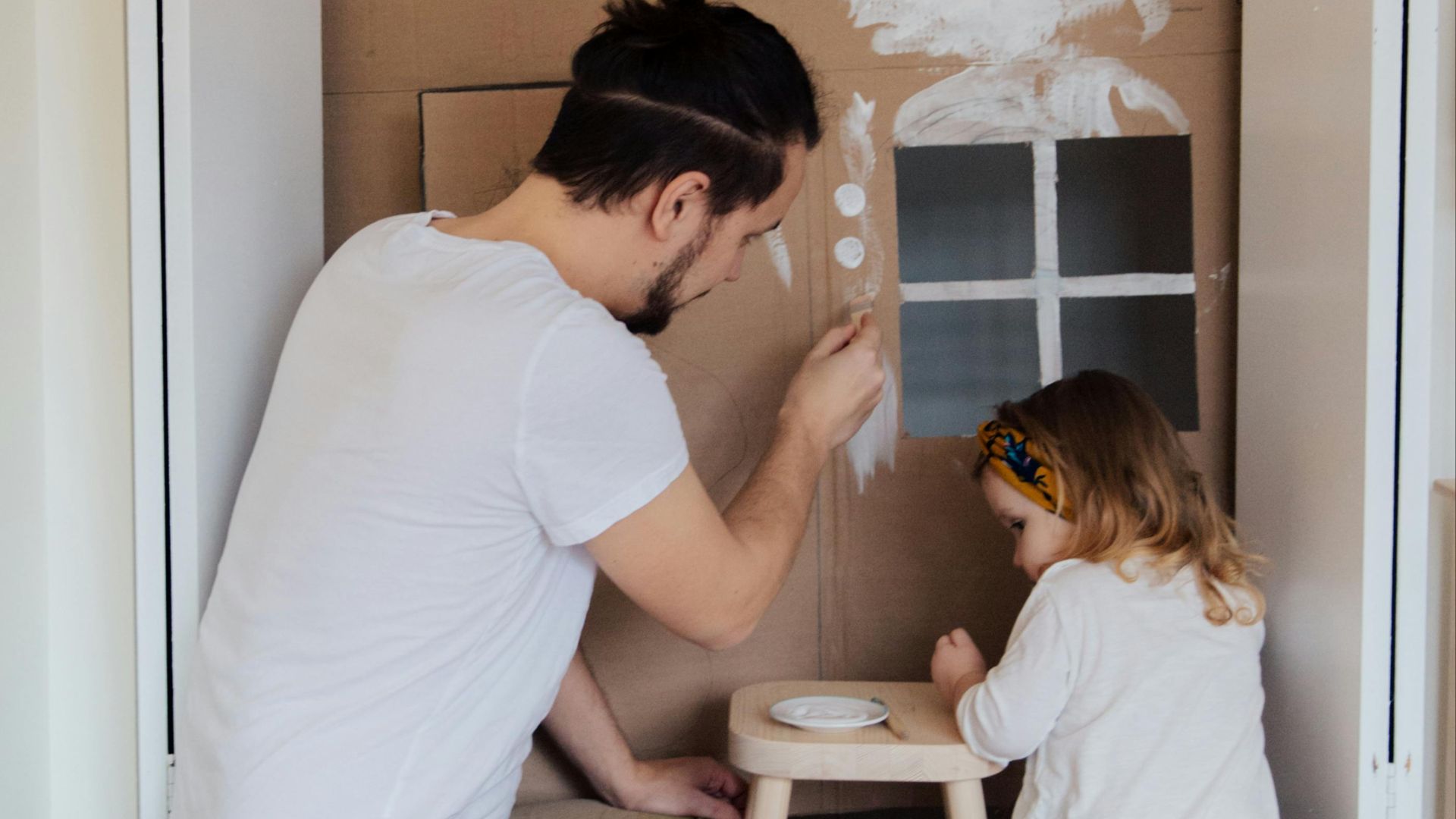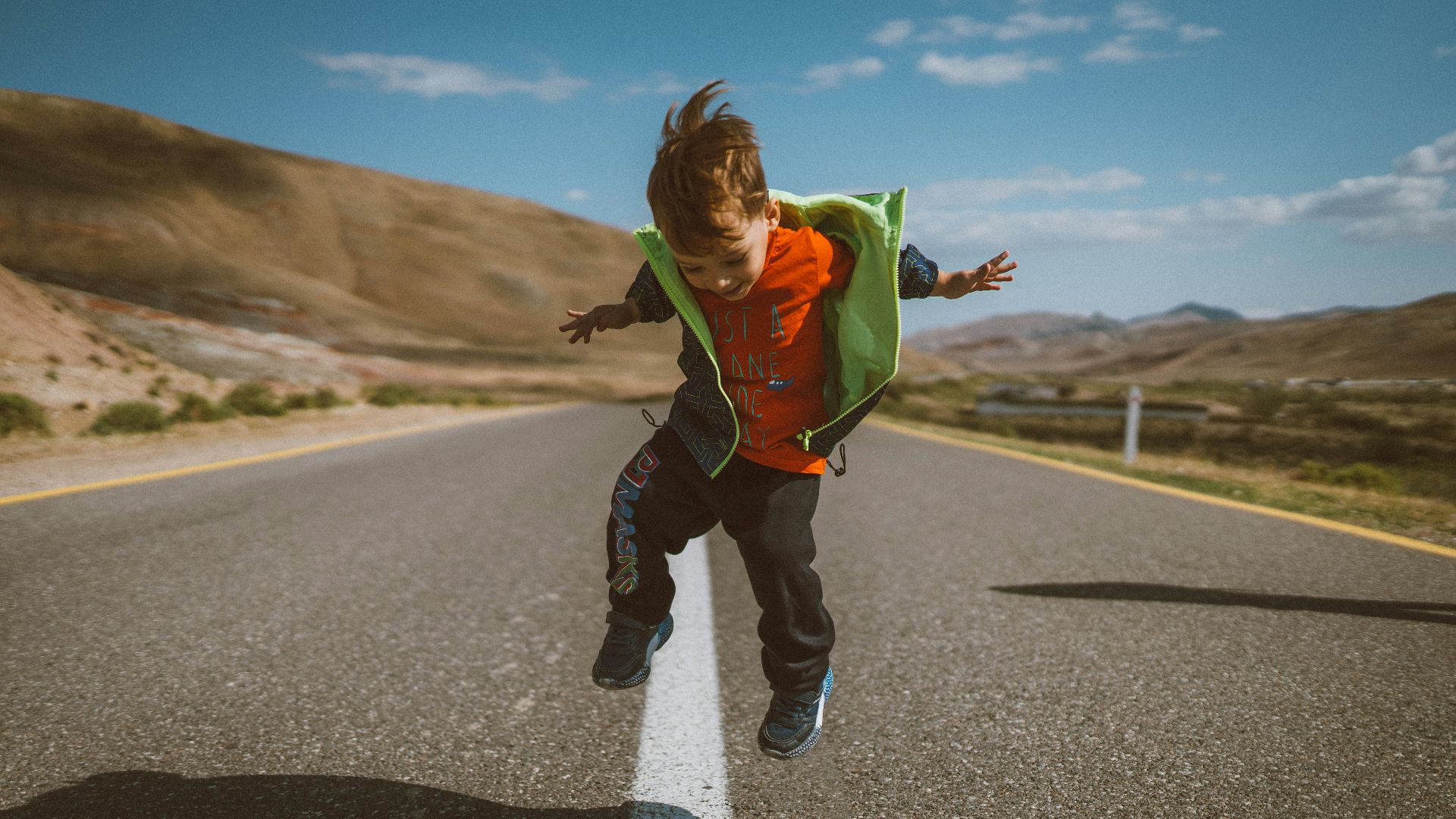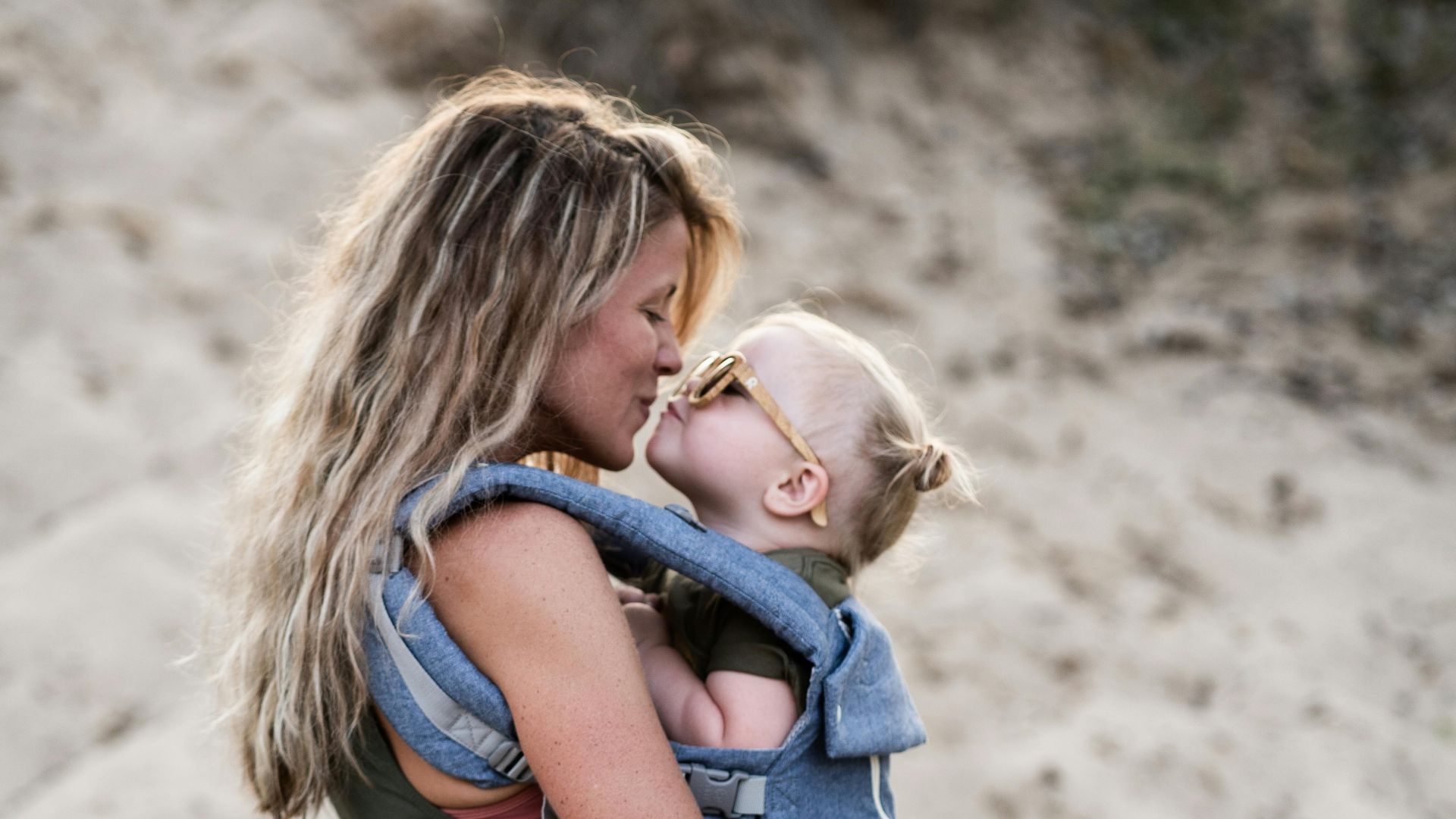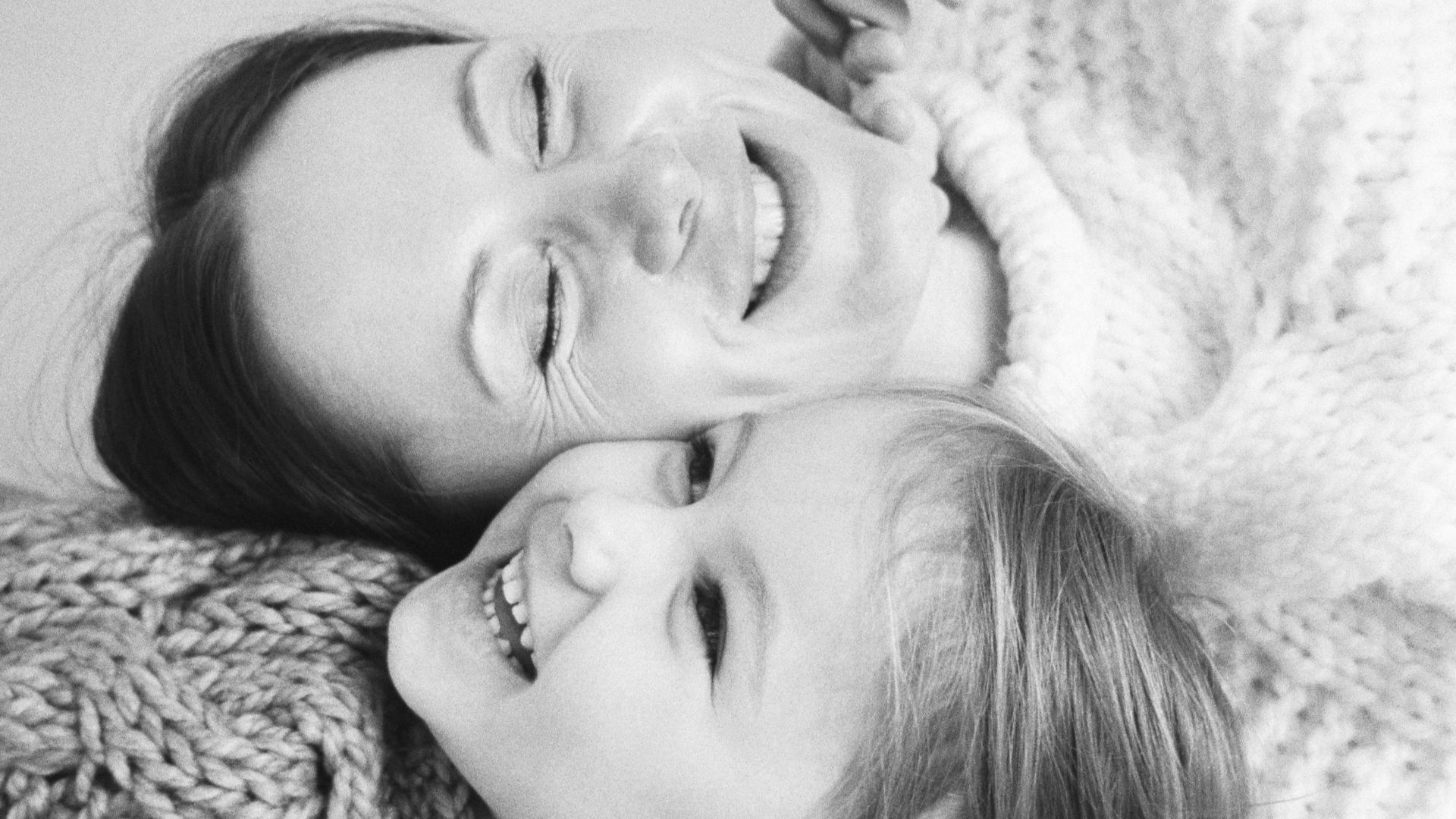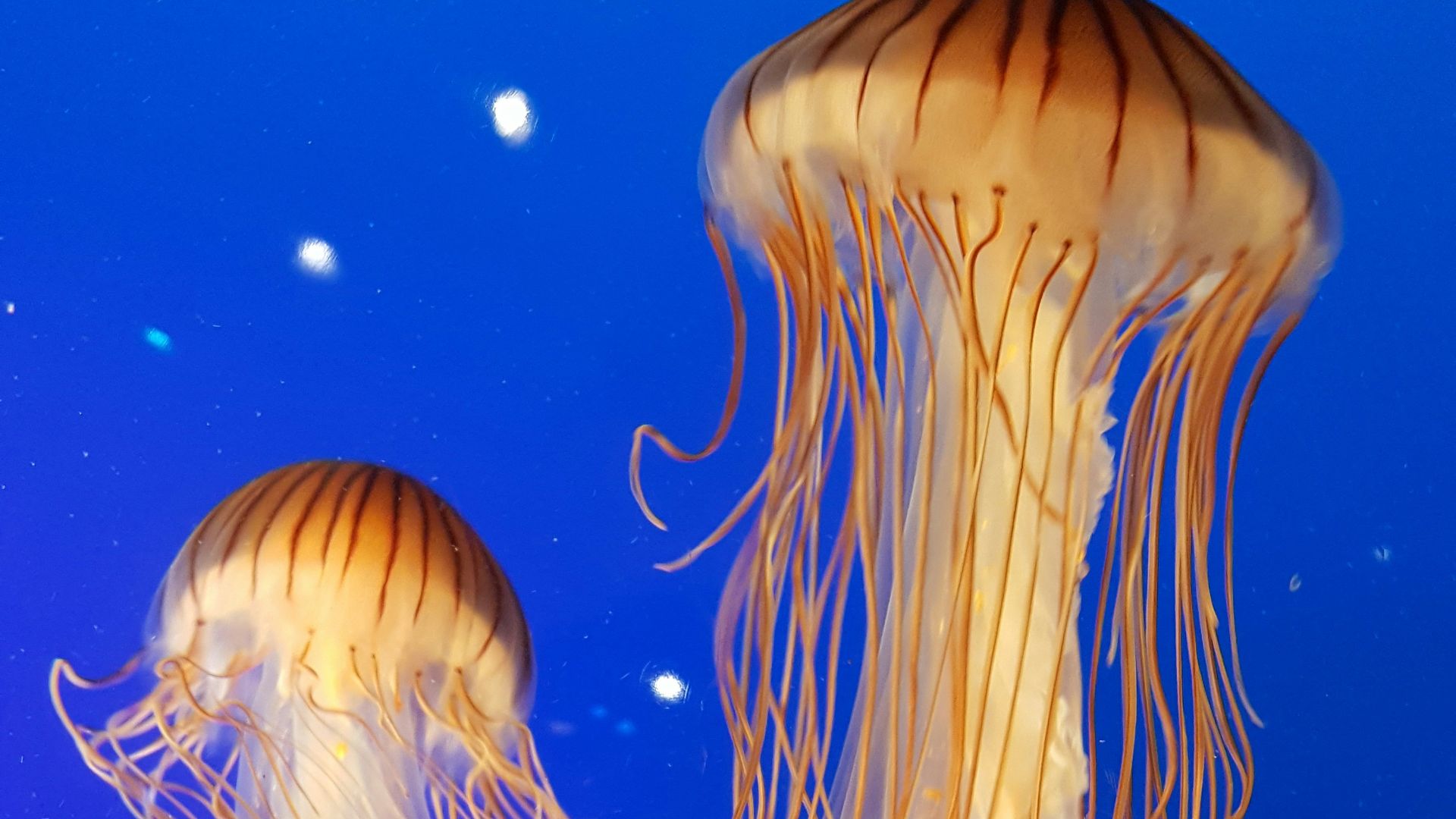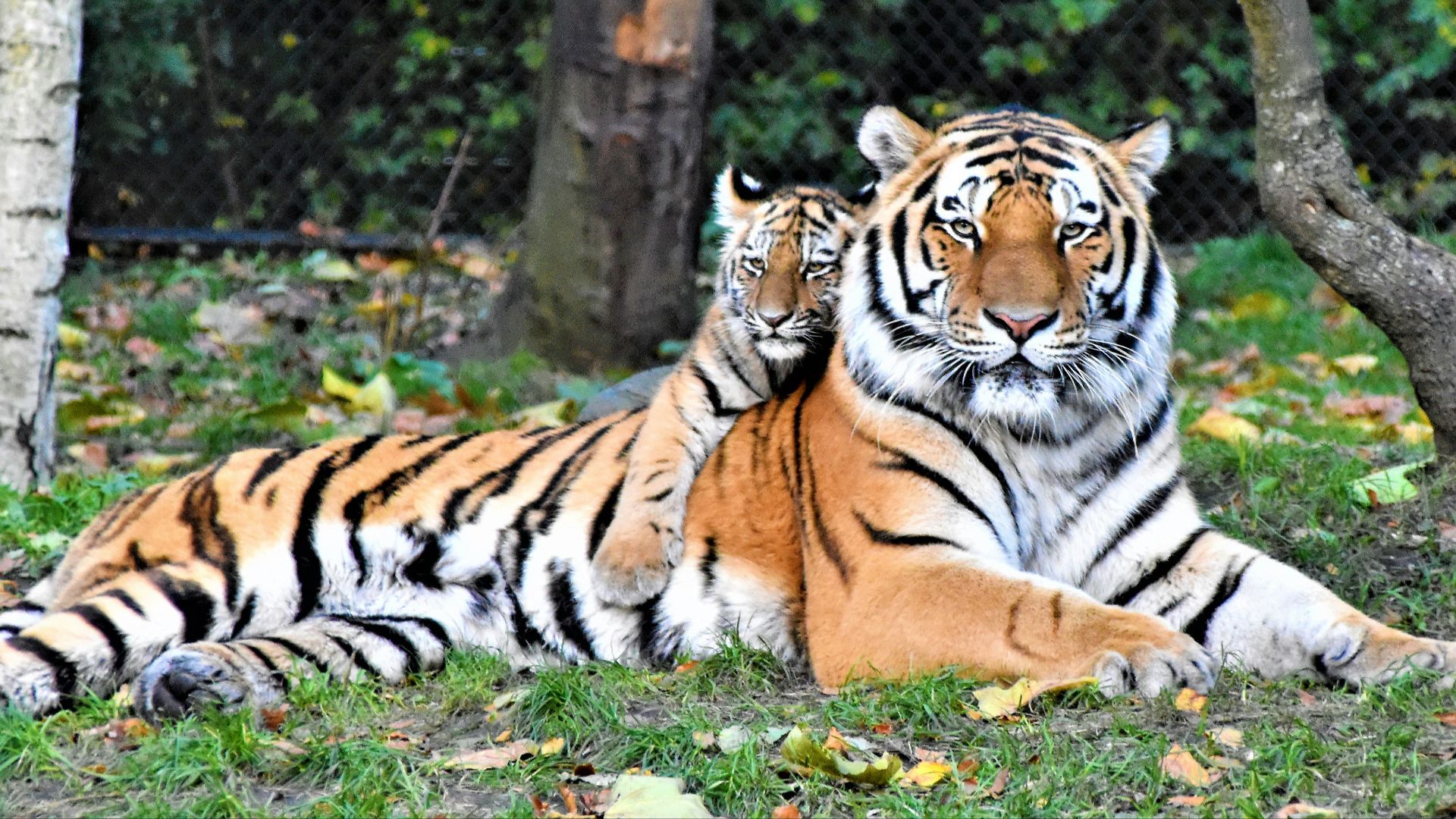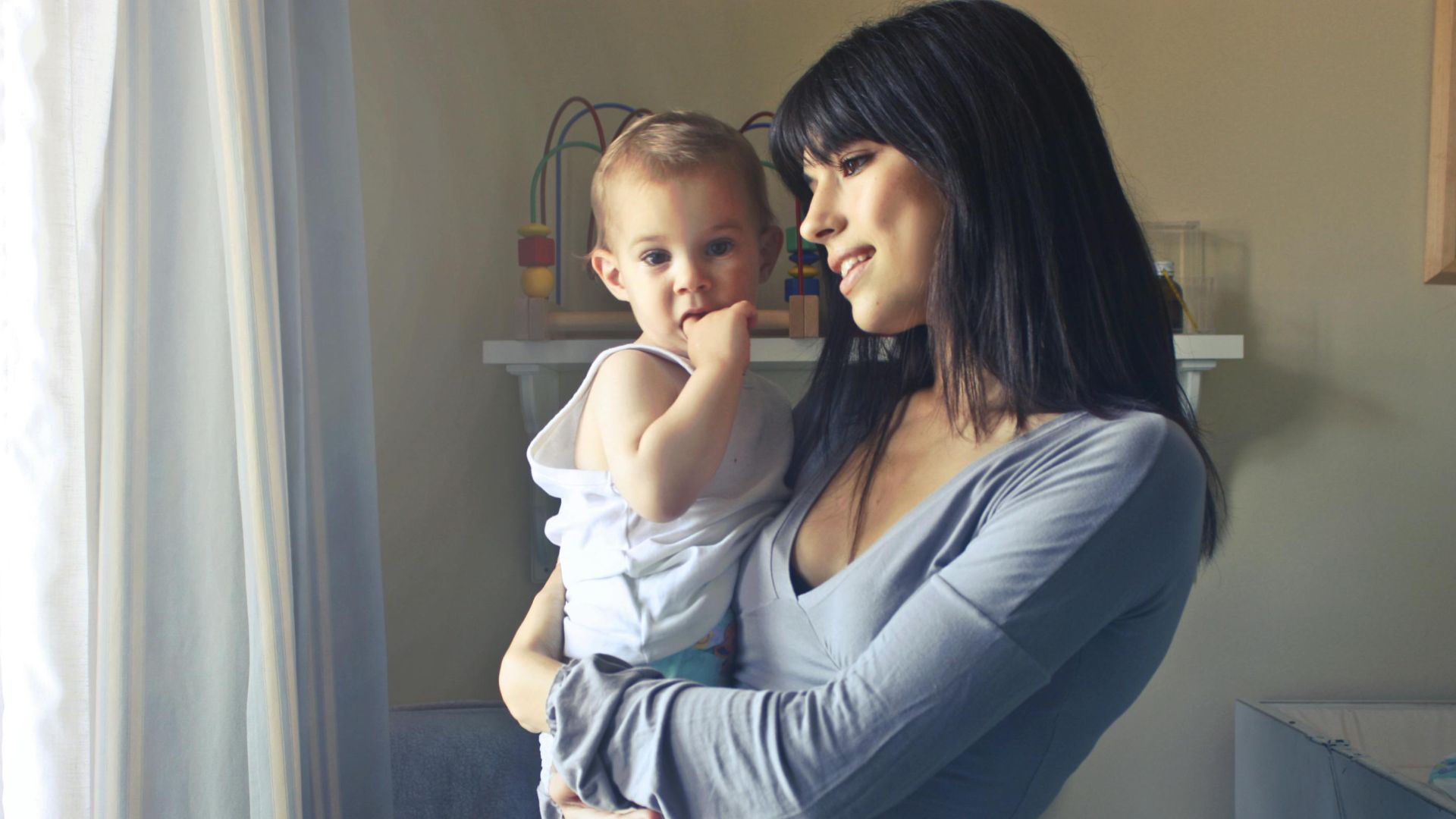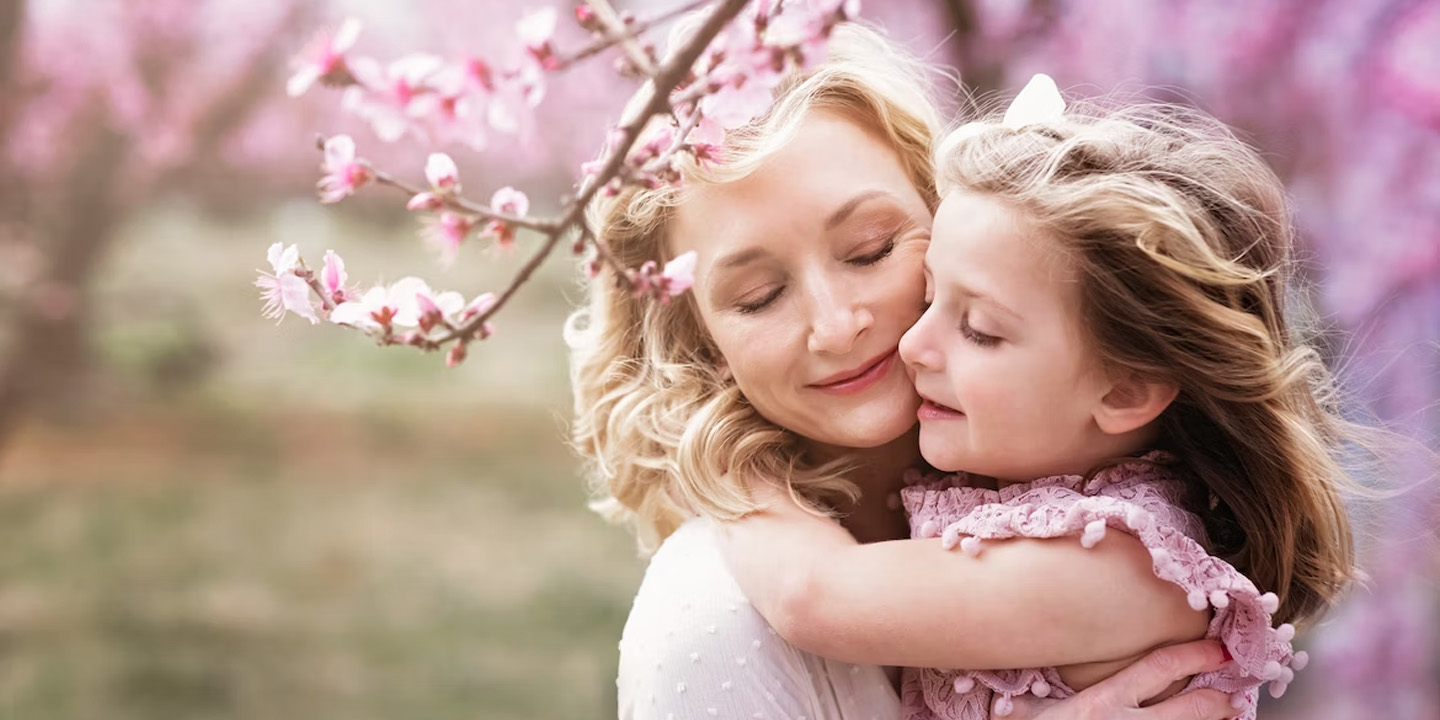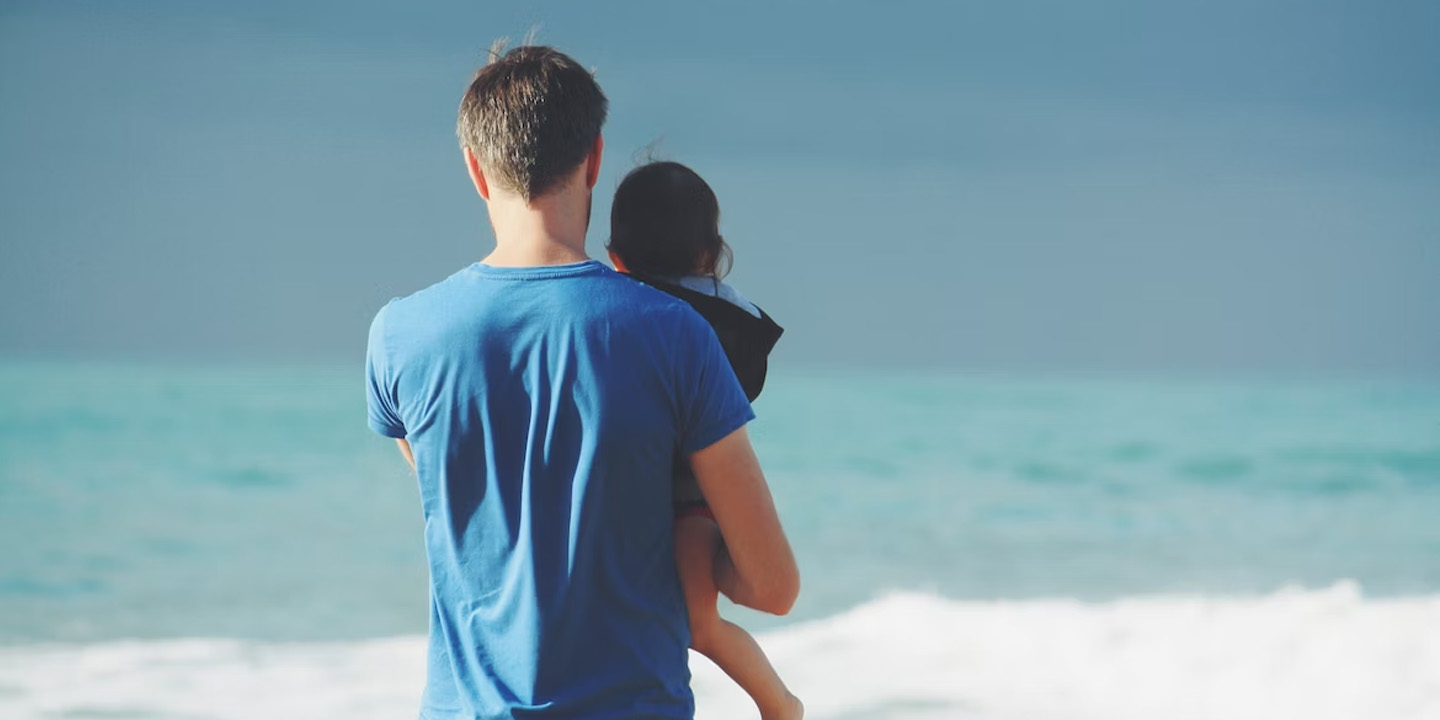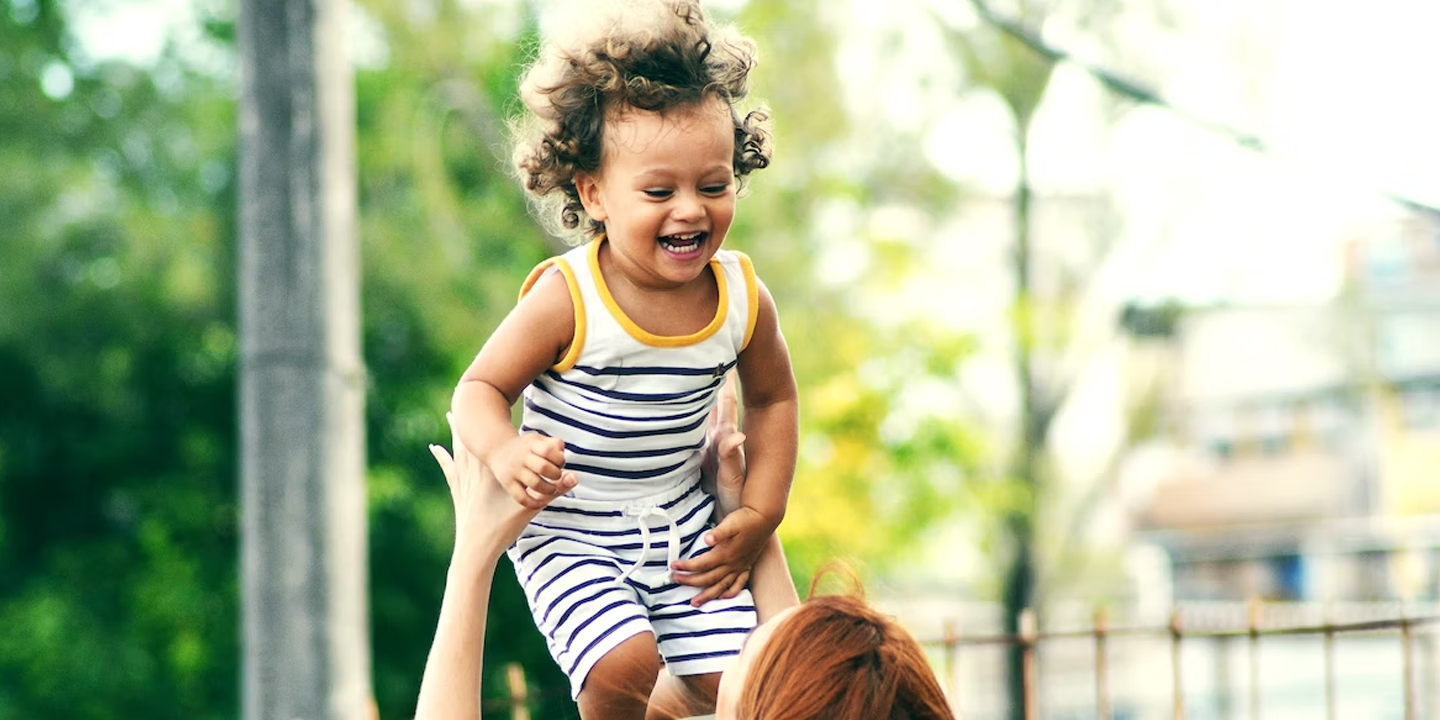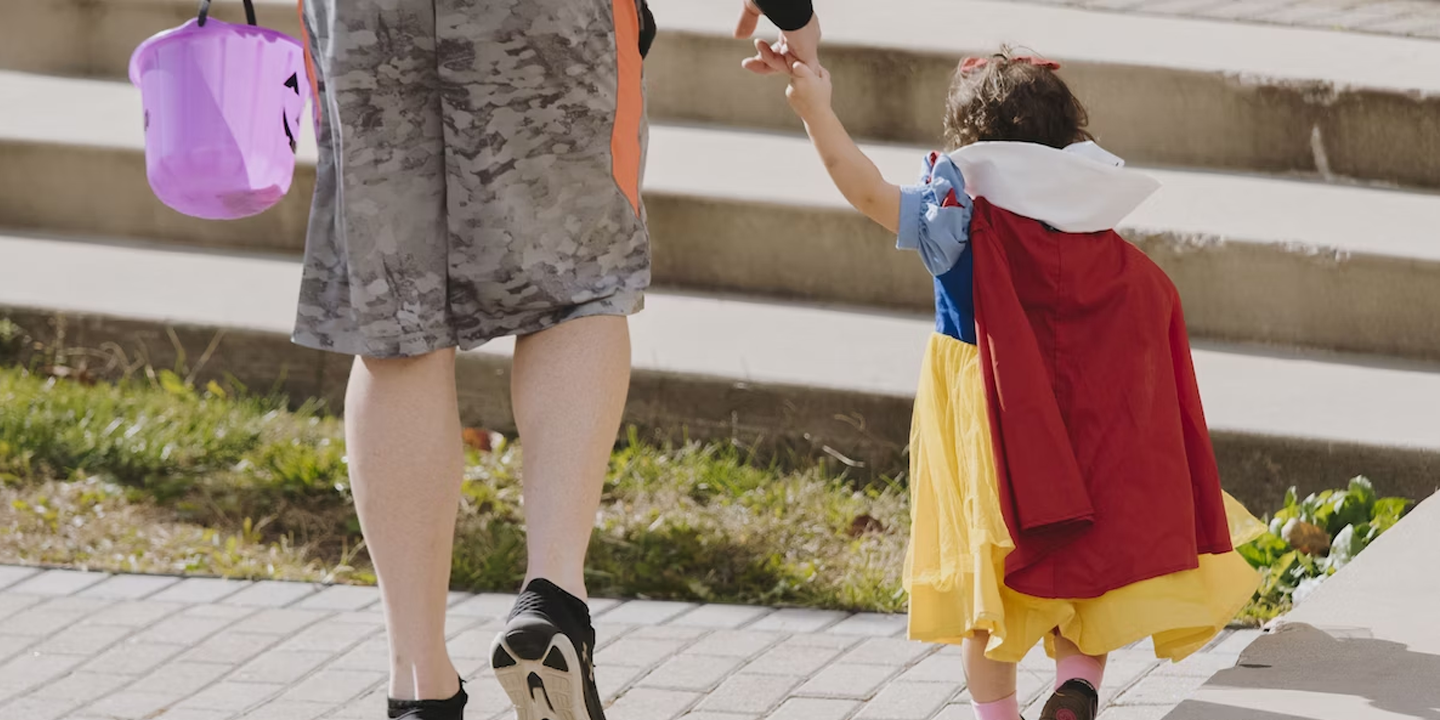20 Most Popular Parenting Styles & How They Shape Our Children
Which Type Of Parenting Style Fits Best For Your Family?
Did you know there are over 20 different parenting styles? If you're a parent, you probably didn't study them; you just intuitively did what felt right to you, whether it was informed by how you were raised or by other parents around you. But how we bring up our children impacts them for life, both positively and negatively. While there are many schools of thought around the "best" parenting method, each child is different, and there's no one-size-fits-all approach. Here are 20 of the most popular parenting styles and how each approach shapes our children.
1. Authoritative
The most popular form of parenting is authoritative parenting, which is characterized by parents who set clear expectations and have a close, nurturing relationship with their kids. Through this kind of parenting, children are more likely to become independent, socially accepted, and academically successful.
2. Permissive
Permissive parenting is a lot like authoritative parenting, except that the expectations parents set are a lot more lax. Children raised with this kind of parenting don't get practice adapting to others' needs, so they may end up being entitled or inflexible. They're also more likely to get bullied.
3. Helicopter
Helicopter parenting involves being overattentive or fearful of your child's well-being. It has been linked to increased depression and anxiety levels in kids, low self-esteem, and poor coping skills.
4. New Age
New age parenting involves becoming your kids' friend as opposed to a figure of authority. It focuses on non-punitive discipline, empathy, and dialogue. Children raised in this style are generally more emotionally intelligent, independent, and confident, but they may have difficulty with authority.
5. Elephant
Emotional closeness, gentle guidance, and support make up the backbone of this parenting style which emphasises strong attachment through practices like co-sleeping and extended breastfeeding. While it forms a strong bond and encourages self-worth, it may also result in the delayed development of independence.
6. Gentle
Gentle parenting is based on empathy, respect, and creating boundaries using clear communication and modeling behavior instead of punishment. Kids raised with this type of parenting tend to be less aggressive and more emotionally intelligent and resilient, but they may have trouble being obedient.
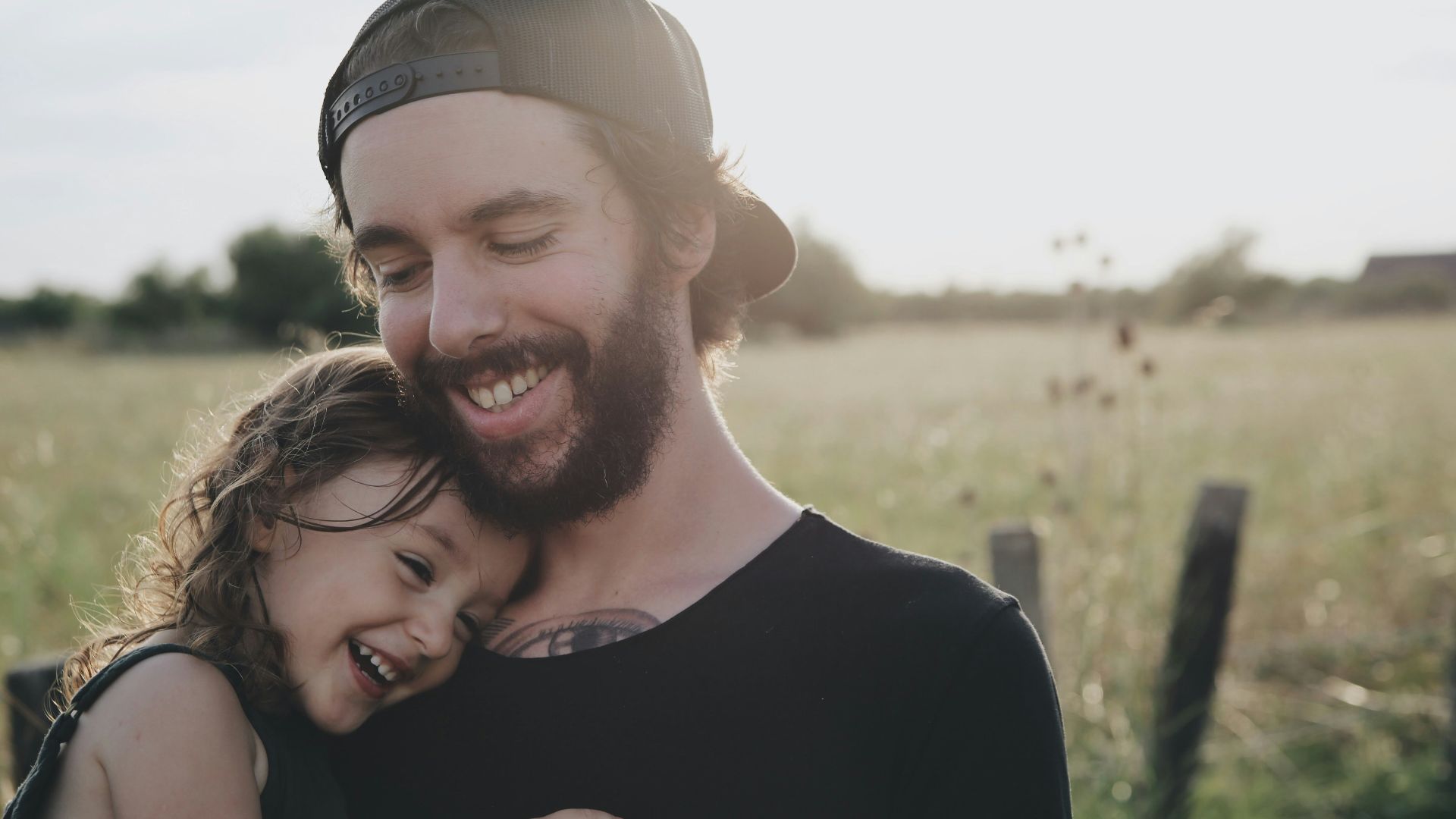 Caroline Hernandez on Unsplash
Caroline Hernandez on Unsplash
7. Active
Active parenting involves being fully present in your child's life, doing activities together, showing interest in their hobbies, and providing a safe and supportive environment. Kids raised through active parenting generally have higher levels of cognitive and social development, self-esteem, and perform better in school.
8. Lighthouse
In contrast to helicopter parenting, lighthouse parenting is based on the idea that a parent's role should be like a guiding light. It helps kids become capable and independent problem solvers.
 Juliane Liebermann on Unsplash
Juliane Liebermann on Unsplash
9. Free-Range
Free-range parenting doesn't mean being neglectful. It's the idea that you should trust your kids to explore and solve their own problems from a young age, fostering greater independence. Parents don't tell their kids how to solve their own problems, but instead teach them the skills needed to be resourceful. This type of parenting produces confident decision-makers with better life skills.
10. Routine
As the name suggests, routine parenting involves maintaining a daily regimen in an effort to create discipline and a stable environment for children. Children who are raised this way are usually better behaved, have better sleep and nutrition, and an innate sense of responsibility.
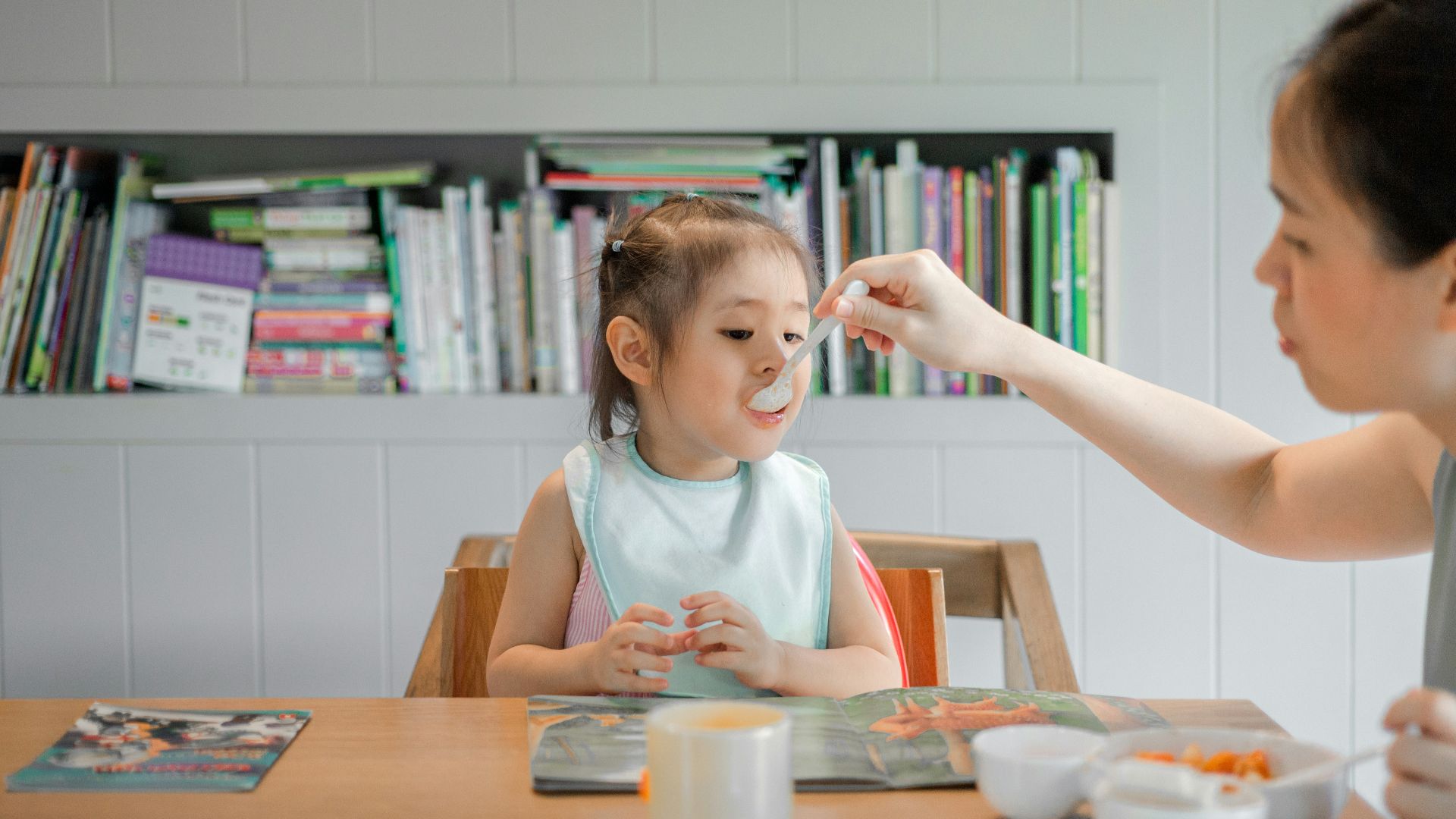 Tanaphong Toochinda on Unsplash
Tanaphong Toochinda on Unsplash
11. Concerted Cultivation
Concerted cultivation is where parents structure their child's life around organized activities, cultivating their talents and personal development. This sets kids up well for life as they know from a young age what they're good at, know how to deal with systems, and generally perform well in school. The biggest drawback is that they might be stressed out from being overscheduled and not have enough time for free play.
12. Authoritarian
Although they sound similar, authoritarian and authoritative parenting styles are drastically different. Authoritarian is strict and controlling, with high demands, and limited emotional connection. Children raised in authoritarian households often have lower self-esteem, higher anxiety, and either become rebellious or overly obedient.
13. Intentional
Intentional parenting is parenting based on your own unique values and vision. It's deliberate and involves being fully present and engaged in your child's life. Intentional parenting results in kids with stronger emotional intelligence, clearer values, and a sense of purpose.
14. Attachment
Attachment parenting, also known as natural parenting, focuses on forming strong bonds between child and parent and aligning with your child's natural developmental trajectory. It fosters greater empathy and social skills, but also may create separation anxiety when it comes time to enroll them in school.
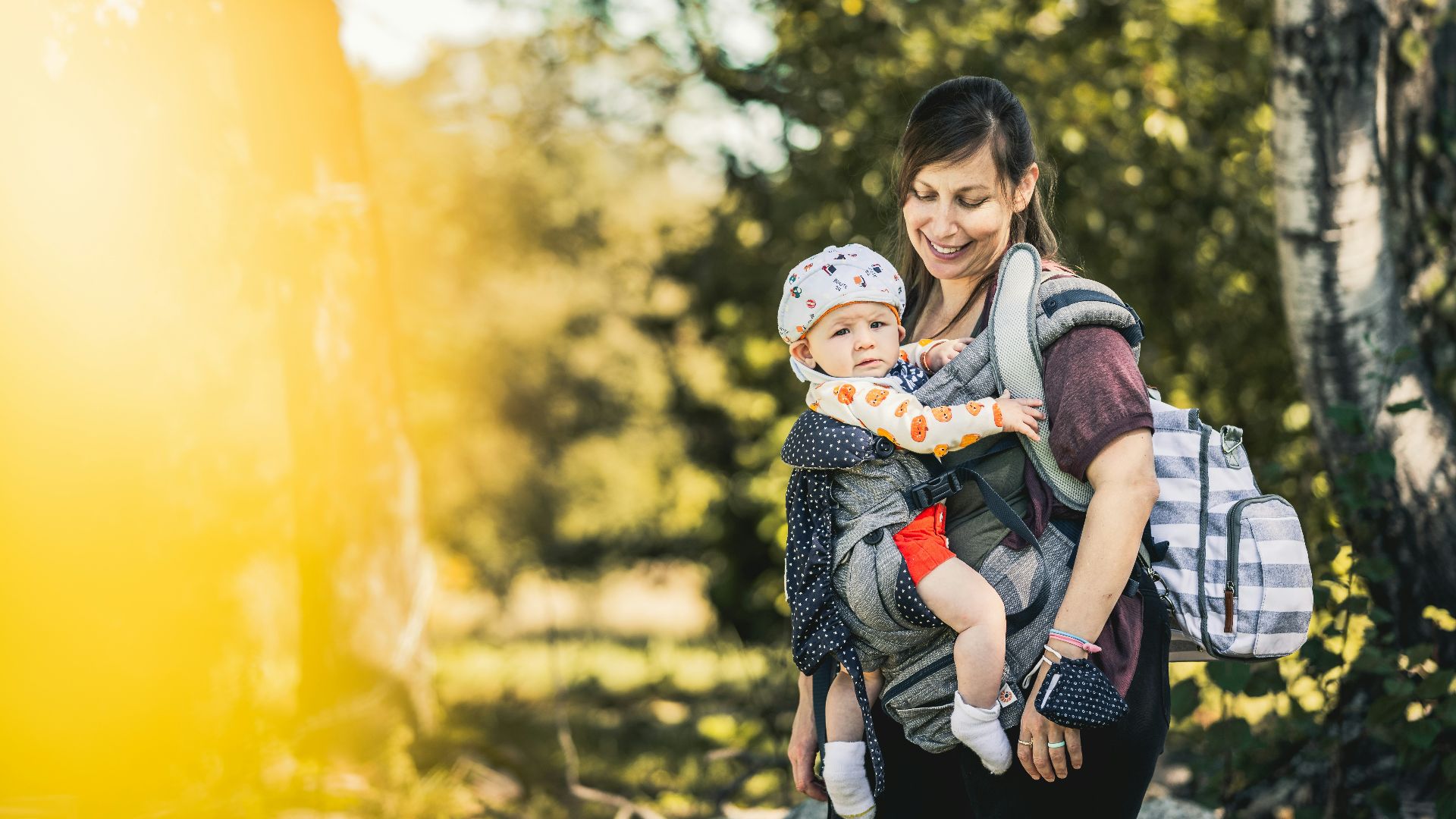 Christopher Luther on Unsplash
Christopher Luther on Unsplash
15. Slow
In slow parenting, parents try to create a more relaxed and simple environment where kids can develop at their own pace. Kids who grow up with this type of parenting style generally have better mental health, are more independent and creative, although they may have trouble keeping up in societies that value achievement.
16. Dolphin
Dolphin parenting is described as the middle ground between helicopter and free-range. It's a balance of discipline and nurturing that promotes empathy, active engagement, and positive reinforcement, but also sets clear expectations and boundaries. Children of dolphin parents are generally emotionally intelligent and better problem solvers.
17. Jellyfish
A jellyfish parent goes with the flow, isn't very structured, and doesn't set clear boundaries. Although kids who are raised with this parenting style tend to have a strong bond with their parents, they lack discipline.
18. Tiger
Tiger parenting is in direct contrast to jellyfish parenting. It's highly strict and demanding, with an emphasis on achievement, competition, and hard work. While kids raised by tiger parents often end up being high achievers, they're also subject to high stress, lack emotional intelligence, and usually have a negative relationship with their parents.
19. Mindful
Mindful parenting is about being fully present and non-judgmentalental towards your child, using emotional regulation to respond intentionally instead of reactively. Children raised by mindful parents usually have a stronger bond with their parents, are well-behaved, and empathic.
20. Bulldozer
Bulldozer or snowplow parents have the goal of removing all obstacles from their child's path to raise their chances of success. Although it comes from a good place, this type of parenting often leads kids to lack resilience and have poor life skills.


